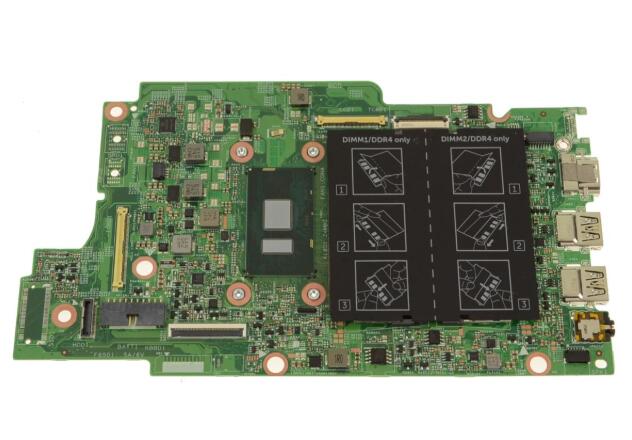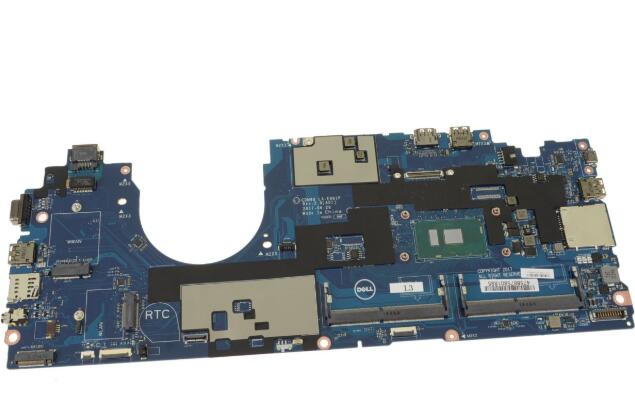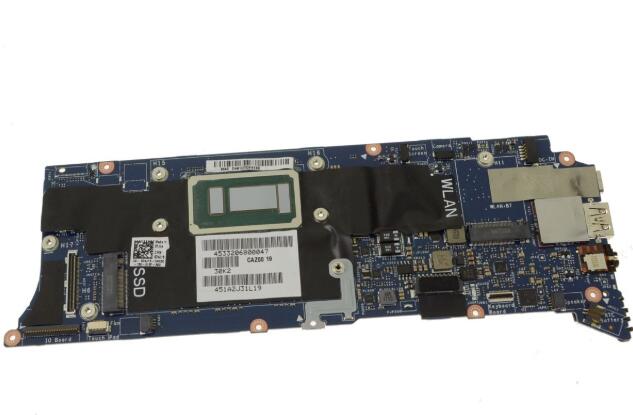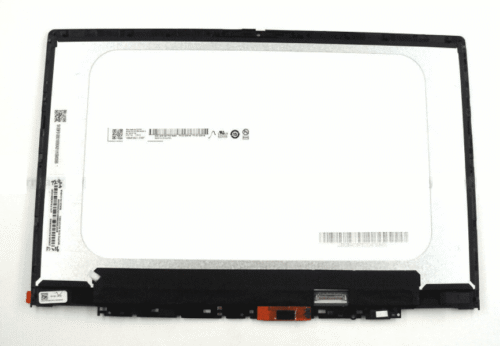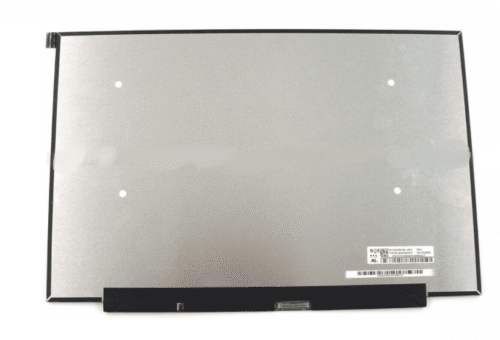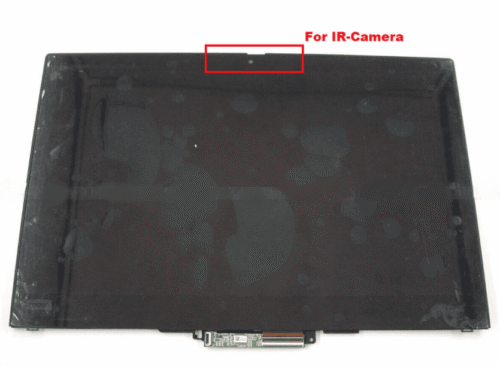What is the role of PCI slots on a motherboard?
PCI (Peripheral Component Interconnect) slots on a motherboard serve as expansion slots for connecting various types of expansion cards and peripheral devices. These slots allow users to add additional functionality to their computer system beyond what is integrated into the motherboard itself. Here’s the role of PCI slots on a motherboard:
- Expansion Cards: PCI slots accommodate expansion cards that enhance the capabilities of the computer system. Common types of expansion cards include:
- Graphics Cards (GPU): Dedicated graphics cards are often installed in PCI Express (PCIe) slots for gaming, video editing, and graphical applications.
- Sound Cards: Sound cards improve audio quality and provide additional audio features, such as surround sound and studio-grade audio output.
- Network Interface Cards (NIC): Network interface cards add Ethernet or Wi-Fi connectivity to the system, enabling wired or wireless networking capabilities.
- Storage Expansion Cards: Some expansion cards provide additional storage interfaces, such as SATA or NVMe, for connecting additional hard drives, solid-state drives, or RAID arrays.
- Peripheral Cards: Other types of expansion cards include USB expansion cards, FireWire cards, and serial/parallel port expansion cards.
- Enhanced Functionality: PCI slots allow users to customize and expand the functionality of their computer system based on their specific needs and requirements. Users can add specialized hardware components and peripherals to optimize performance and support various tasks and applications.
- Upgradeability and Flexibility: PCI slots provide a means of upgrading and expanding the capabilities of a computer system over time. Users can easily add or upgrade expansion cards to keep pace with evolving technology and changing requirements without having to replace the entire motherboard.
- Bandwidth and Compatibility: PCI slots offer sufficient bandwidth and compatibility for connecting a wide range of expansion cards and peripherals. Different generations of PCI slots, such as PCI, PCI Express (PCIe) 1.0, PCIe 2.0, PCIe 3.0, and PCIe 4.0, provide varying levels of bandwidth and performance to support different types of expansion cards and devices.
- Customization and Personalization: PCI slots allow users to customize and personalize their computer systems according to their specific preferences and usage scenarios. Users can choose from a variety of expansion cards and peripherals to tailor their system to meet their unique needs, whether for gaming, multimedia, productivity, or professional applications.
Overall, PCI slots play a crucial role in expanding the functionality, upgradeability, and flexibility of a computer system by providing a platform for connecting various types of expansion cards and peripheral devices. They offer users the ability to customize and optimize their systems to suit their individual requirements and preferences.

